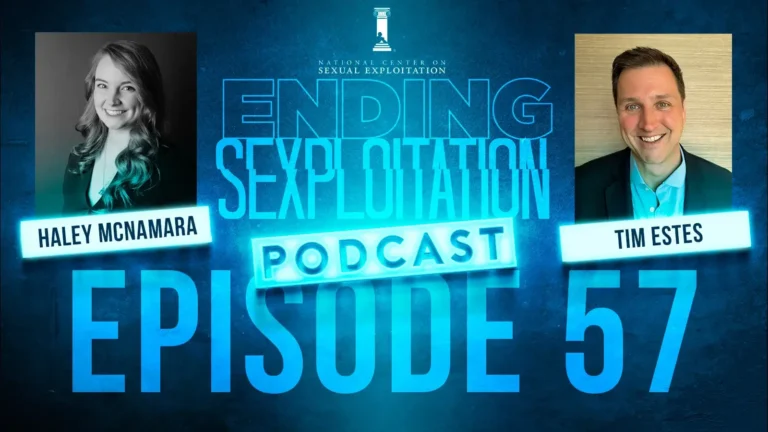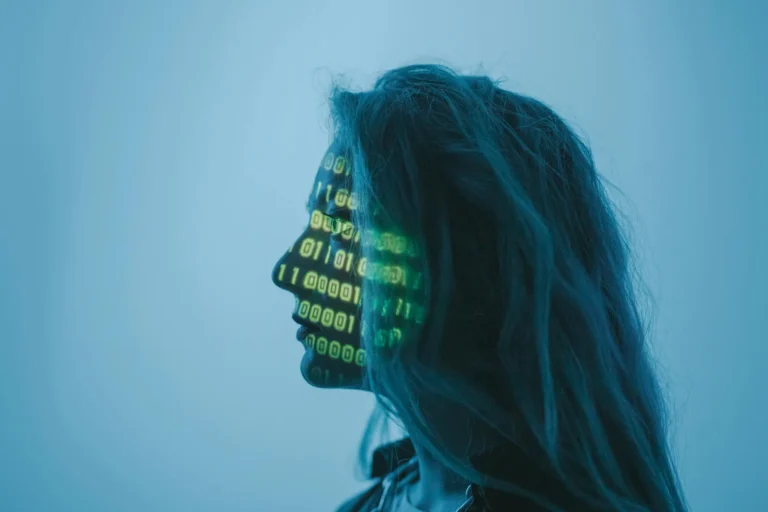*Warning: sexually graphic material discussed, and brief sexualized images are shown in this video.
Those of you who have been following our Dirty Dozen List campaign about EBSCO know that this online library database is exposing elementary and middle school students to pornographic and sexually explicit results in online educational resources they’re using for their homework or school projects.
We’ve been talking to EBSCO for months about this problem, and we are happy to report that they are making progress! But there is still so much more they need to do….
So Monday, June 26th, we had a team of 4 NCOSE researchers spend 50 minutes looking at the school products. They found more than 50 sexually explicit articles in the Middle Search Plus and Primary Search (middle school and elementary school) products, across 4 different states.
It seems like EBSCO wants to do the right thing, and protect children from being exposed to this content. But they have said they ONLY want to clean up products that are specifically for schools.
The problem? Most schools provide access to more EBSCO products than the few that are specifically curated for those age-ranges. Why? Because teachers trust EBSCO when it says that it provided educational academic sources!
What audience does EBSCO want to provide with pornographic and sexually graphic content? Why would college students, or law students, need to access pornographic content within the EBSCO research database? After all, if EBSCO is basing its value on providing academic, substantive curated content, why is it including sexually graphic content at all, for any age? The articles we are referencing and taking issue with are not academic at all.
Aren’t erotically depicted stories of rape via gun (found on EBSCO products) harmful for users despite any age? Are links to, or articles about, torture pornography suddenly an academic resource for someone over 18?
Does EBSCO want its brand associated with this kind of material in any context?
We want EBSCO to expand its current content audit, publisher audit, and review process to prevent pornography and sexually explicit material from appearing across all of its products, especially as almost all of their products are finding their way into our schools.
Again, we commend EBSCO for making significant steps towards fixing these problems. Some sexually explicit searches in some of EBSCO’s products now result in a page saying “No Results Found”, and their K-12 Novelist database has been significantly improved as well.



